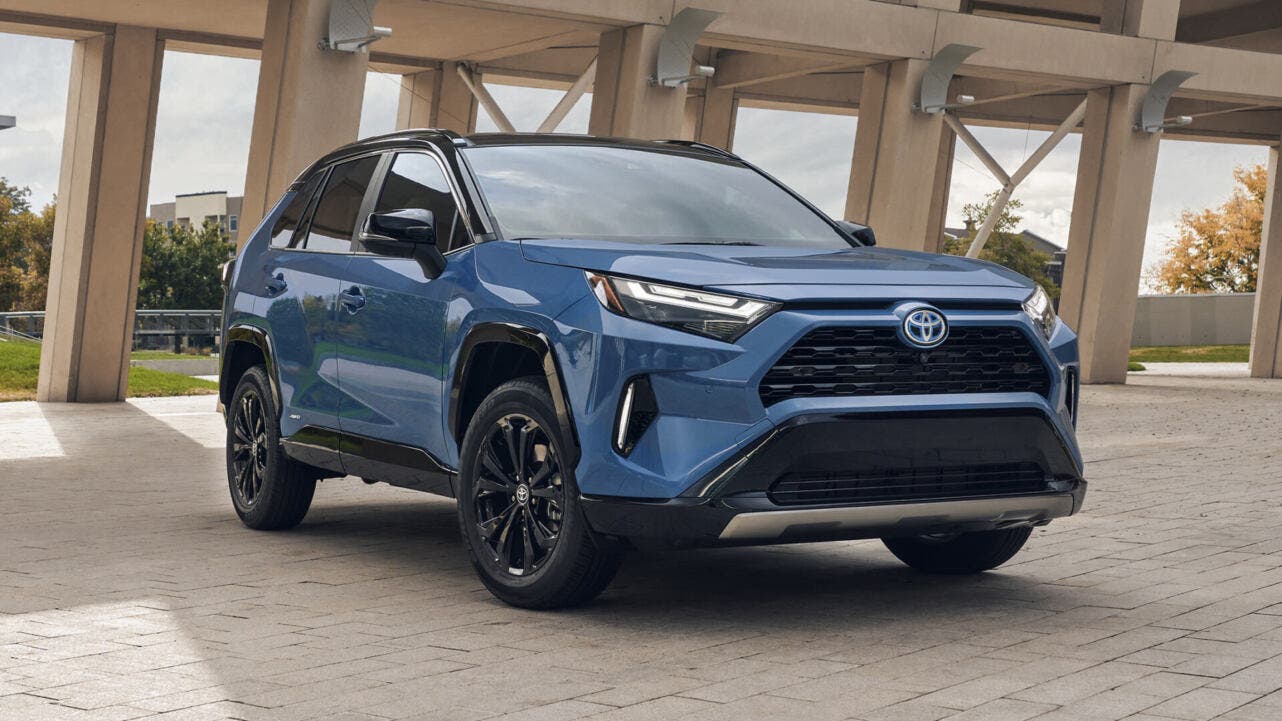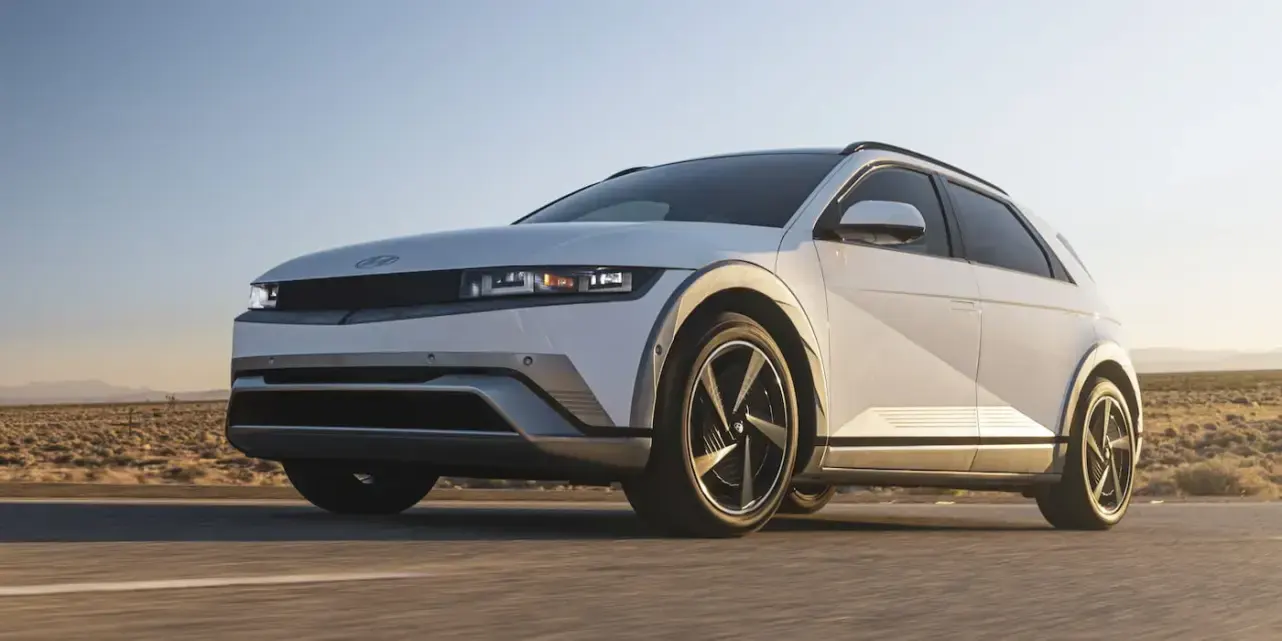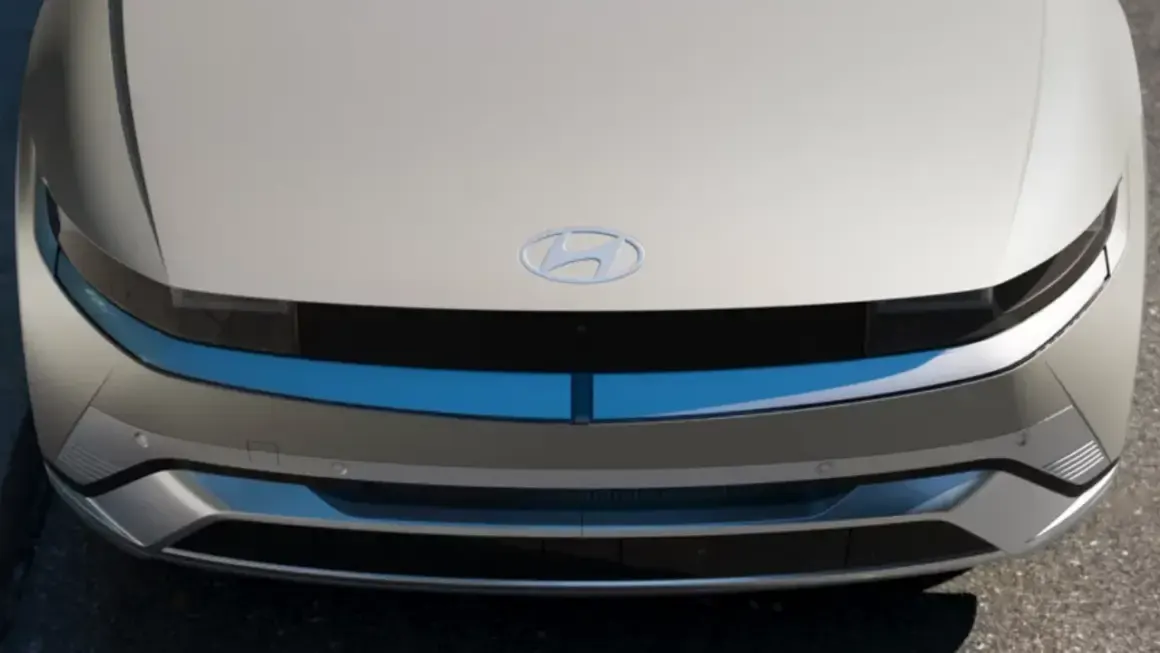Since electrification became a viable transportation option in the United States, Toyota has been at the forefront, especially with hybrids. The launch of the Prius in the early 2000s reshaped public perception of eco-friendly driving, turning the model into a cultural icon embraced by both urban fleets and environmentally conscious celebrities.
Toyota expanded hybrid technology to mainstream models like the Camry, Corolla, and RAV4, cementing its dominance. In 2024 alone, Toyota and Lexus sold over 1 million electrified vehicles in the US, with hybrids making up more than 40% of Toyota’s total sales. Yet when it comes to battery electric vehicles (BEVs), the story is quite different.

Hyundai has boldly embraced full electrification, while Toyota remains cautious, focusing heavily on hybrids and plug-in hybrids. Hyundai’s turning point came in 2021 with the launch of its E-GMP platform, a cutting-edge architecture designed solely for BEVs. Featuring an 800-volt system, it enables ultra-fast charging, scalability, and interior flexibility.
Thanks to this, models like the Ioniq 5 and Ioniq 6 can charge from 10% to 80% in just 18 minutes using a 350 kW DC fast charger, outpacing both the Toyota bZ4X and even Tesla’s Model Y in certain conditions. Hyundai has also leaned into innovation with features like V2L (vehicle-to-load), allowing owners to power camping gear, appliances, or even homes during outages.

Beyond engineering, Hyundai has elevated its image with daring designs and award-winning models: the Ioniq 5 and Ioniq 6 both captured the World Car of the Year title in consecutive years. Meanwhile, the high-performance Ioniq 5N proves EVs can be thrilling, with up to 641 HP, drift modes, and simulated gear shifts. Toyota, by comparison, has no electric performance model, focusing instead on its gasoline-powered Gazoo Racing lineup.
The sales data tells the story: in 2024, the Hyundai Group (including Kia and Genesis) delivered 124,065 BEVs in the US, second only to Tesla. Toyota managed just 18,570 units of its bZ4X, less than half of the Ioniq 5’s volume.
With US BEV sales reaching 1.3 million units, or over 8% of the light-vehicle market, Toyota risks appearing overly conservative. Hyundai has shown that EVs don’t have to be soulless appliances, redefining its image from budget-friendly to innovative powerhouse. Toyota, despite its hybrid legacy, is increasingly seen as hesitant.
